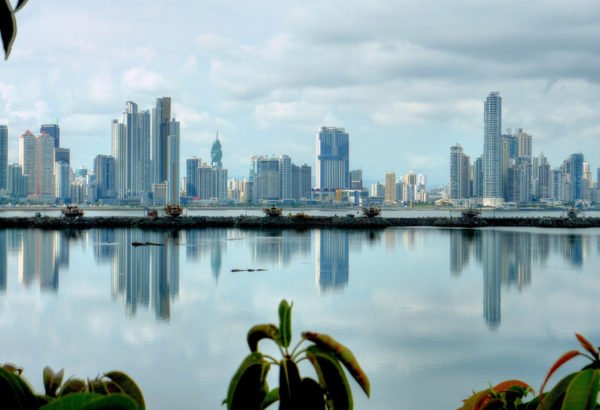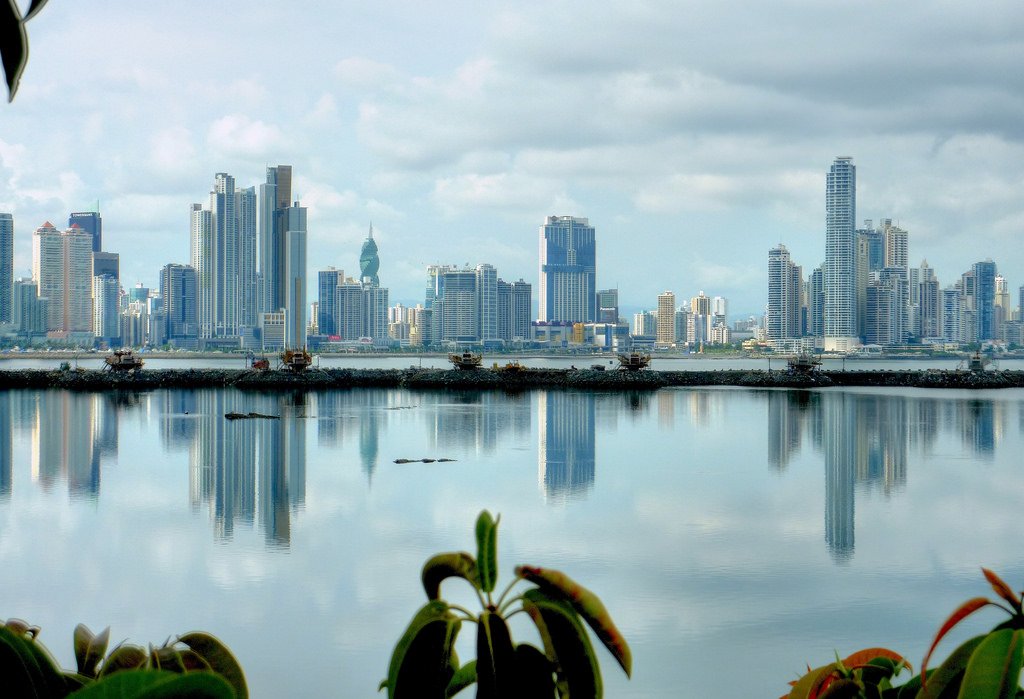The Paradise Papers have revealed that Apple has a secretive new structure that would enable it to continue avoiding billions in taxes.
The leaked documents also show how the world’s most profitable company sidestepped a 2013 crackdown on its controversial Irish tax practices by actively shopping around for a tax haven.
Apple then moved the company holding most of its untaxed offshore cash, now $252 billion, to the Channel Island of Jersey.
The company said the new structure had not lowered its taxes.
Apple said it remained the world’s largest taxpayer, paying about $35 billion in corporation tax over the past three years, that it had followed the law and its changes “did not reduce our tax payments in any country”.

Queen Elizabeth’s Private Money Invested in Offshore Funds, Paradise Papers Reveal
What Are Paradise Papers?
Panama Papers Posted Online
The Paradise Papers is the name for a huge leak of financial documents that is throwing light on the world of offshore finance.
Up until 2014, Apple had been exploiting a loophole in tax laws in the US and the Republic of Ireland known as the “double Irish”.
This allowed Apple to funnel all its sales outside of the Americas – currently about 55% of its revenue – through Irish subsidiaries that were effectively stateless for taxation purposes, and so incurred hardly any tax.
Instead of paying Irish corporation tax of 12.5%, or the US rate of 35%, Apple’s avoidance structure helped it reduce its tax rate on profits outside of the US to the extent that its foreign tax payments rarely amounted to more than 5% of its foreign profits, and in some years dipped below 2%.
The European Commission calculated the rate of tax for one of Apple’s Irish companies for one year had been just 0.005%.
The tech giant came under pressure in 2013 in the US Senate, when CEO Tim Cook was forced to defend its tax system.
After the EU announced in 2013 that it was investigating Apple’s Irish arrangement, Ireland’s government decided that companies incorporated there could no longer be stateless for tax purposes.
In order to keep its tax rates low, Apple needed to find an offshore financial center that would serve as the tax residency for its Irish subsidiaries.
In March 2014, Apple’s legal advisers sent a questionnaire to Appleby, a leading offshore finance law firm and source of much of the Paradise Papers leak.
They asked what benefits different offshore jurisdictions – the British Virgin Islands, Bermuda, the Cayman Islands, Mauritius, the Isle of Man, Jersey and Guernsey – could offer Apple.
The questionnaire included key questions such as was it possible to “obtain an official assurance of tax exemption” and could it be confirmed that an Irish company might “conduct management activities… without being subject to taxation in your jurisdiction”.
The document also asked whether a change of government was likely, what information would be visible to the public and how easy it would be to exit the jurisdiction.
